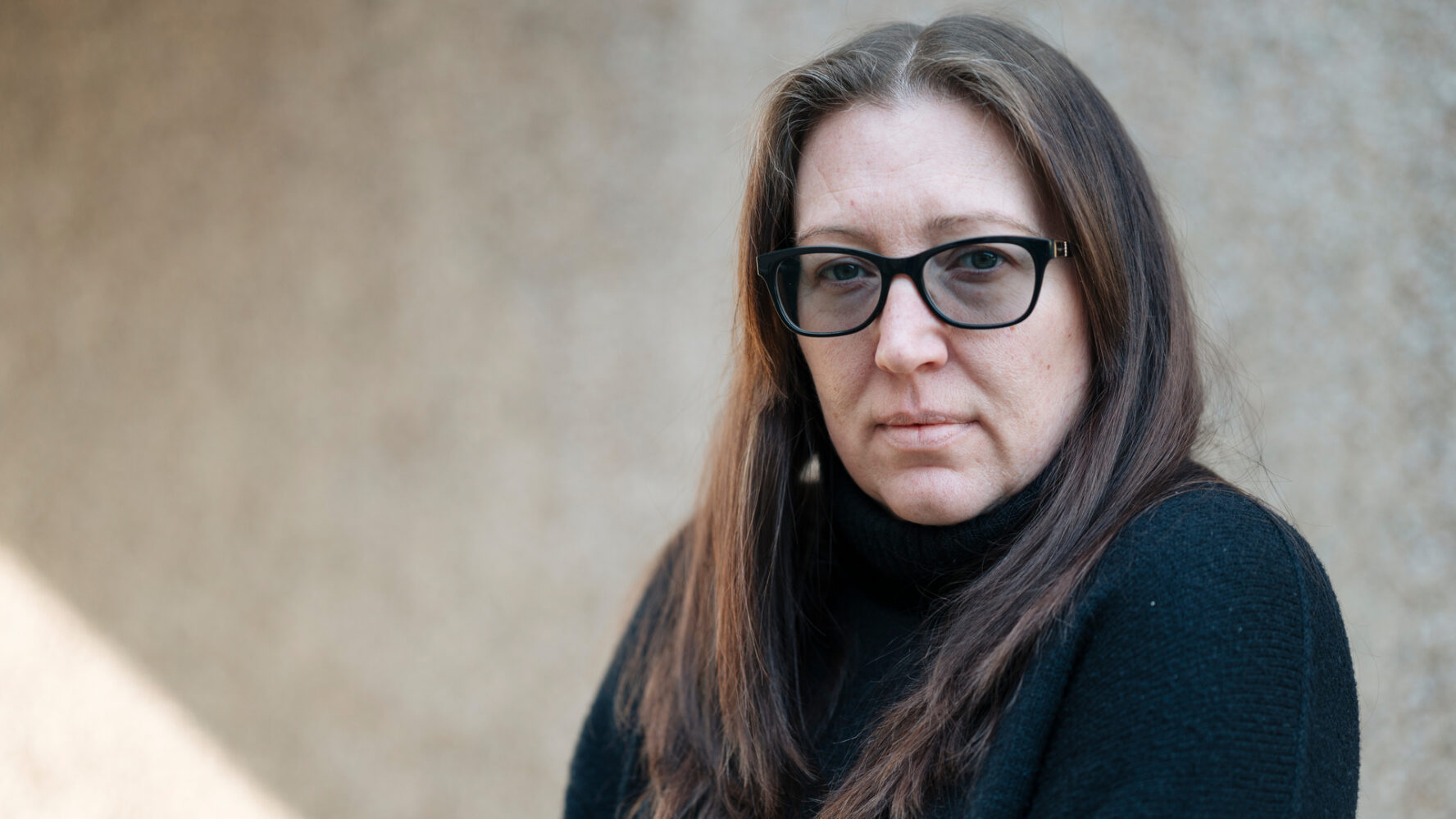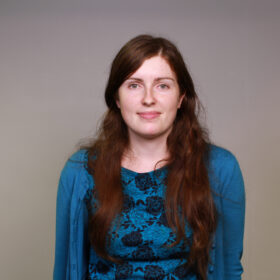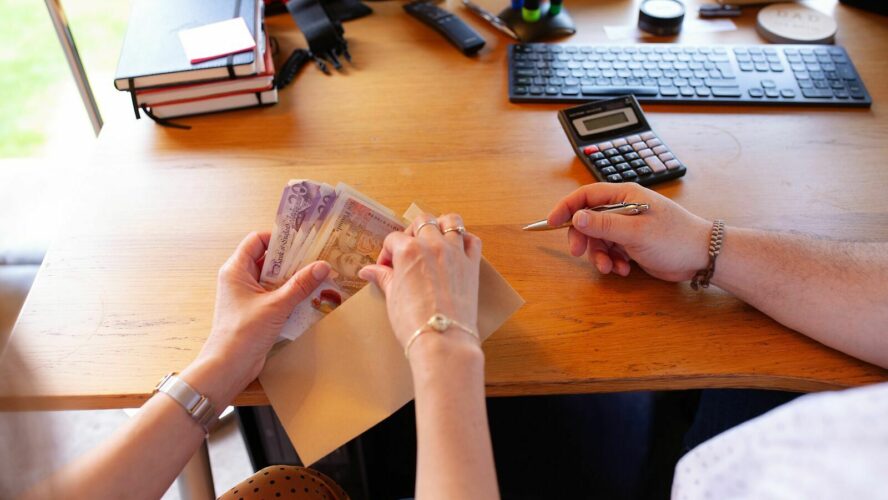
When you think of poverty in the UK, you might picture empty kitchen cupboards, or a cold house when the heating stays off through the winter months.
And if that’s your picture of UK poverty, you’re not wrong. As many as 59%* of CAP’s clients were borrowing money just to afford their regular food shop before they sought help with their debts. It’s startling to realise just how unaffordable basics like food are becoming for an increasing number of people in the UK. We know that our clients, and others like them, are going without many of the items you might consider essentials, such as a bed to sleep on, a cooker to prepare meals, or carpets on their floors.
The exposed floor was quite dangerous, because it could cut your feet. You’d get splinters from stepping on it.
Jolene, who got into debt due to the cost of making her house liveable
But there’s another side to the effects of debt and poverty, one that’s not as immediately visible. Because financial vulnerability doesn’t target just your wallet, it also eats away at so much of the rest of life.
The impact of financial vulnerability on health
Think about the fact that nearly three quarters of CAP clients have gone without healthy food. We all know that healthy options in the supermarket can often be more costly, so when you’re trying to save money on your weekly shop, one way to do that is to pick the cheapest items even if they offer next to no nutrition. That lack of nutrition can impact your health. You might not see the effects immediately, but over a prolonged period of time it can make your situation progressively worse.
The biggest invisible impact of financial vulnerability
Of all the hidden effects of poverty, one of the biggest that we see is that it isolates people. It can feel hard to talk to others about money worries, not to mention that financial pressure makes it more difficult to join in with social activities that need you to spend money — even paying for a coffee can be a stretch for the budget of someone who’s financially vulnerable. Add to that the constant fear of action from your creditors, and it’s easy to see how so many people in debt end up cut off from any sort of community.
CAP’s client report No time to lose, reveals the extent of this isolation. Our clients tell us that, before accessing help with their debts, they used to be afraid to answer the phone, or a knock at the door, and many were too anxious to go out of their homes. A staggering 85% of them felt isolated due to being in debt.
When you think of poverty in the UK, loneliness might not be the first word that comes to mind, but it’s one of the most common shared experiences of people facing debt and financial vulnerability.
What can we do about this?
Where debt causes isolation, the solution needs to be found in connection and community. That’s why CAP’s local workers meet clients face to face in their homes, and it’s why our mission is to equip churches to walk alongside the vulnerable in their communities. We believe in seeing and supporting the whole person, in offering not only free help with debt, job-seeking and budgeting skills, but also emotional support and personalised care.
Going through that experience and realising that there are good people out there who love you for you and not what you can give them: it’s a light at the end of the tunnel and this might sound dramatic but it saved my life.
Jolene, who is now debt free and has found a supportive community
Want to know more?
You’ll find more stats and stories that show the reality of poverty for people in the UK today, in our client report No time to lose.
*From 527 responses to CAP’s annual debt help client survey, conducted online and by phone between November and December 2024




